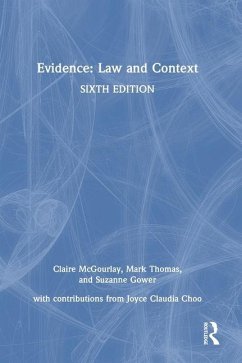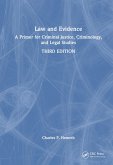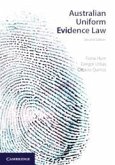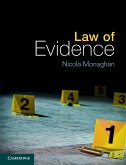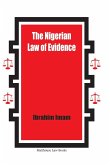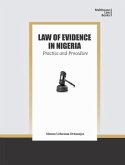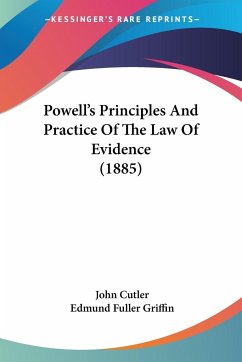Evidence: Law and Context explains the key concepts of evidence law in England and Wales clearly and concisely, set against the backdrop of the broader political and theoretical contexts. The book focuses on the essential topics commonly found on Evidence courses, covering both criminal evidence and civil evidence.
"This textbook effectively explains complex evidential concepts and rules in a way that can be easily understood and places the law in context with practical examples. It is also a useful revision tool as it provides students with a range of practice questions."
-Holly Greenwood, Lecturer, Cardiff University
"This book is excellent. It is a clear, comprehensive and well-researched introduction to the principles, practice and procedures of the law of evidence, highlighting with concision the historical context and academic debates arising in this interesting area. Certainly of considerable benefit to students, academics and practitioners alike."
-Alexander McColl, Barrister
"Comprehensive yet accessible, this text expertly and critically discusses all key topics of evidence law and more. It is a superb example of co-collaboration. Student needs are fully accounted for through key learning points, examples, and practice questions alongside excellent analysis."
-Lucy Welsh, Reader in Criminal Justice, University of Sussex
-Holly Greenwood, Lecturer, Cardiff University
"This book is excellent. It is a clear, comprehensive and well-researched introduction to the principles, practice and procedures of the law of evidence, highlighting with concision the historical context and academic debates arising in this interesting area. Certainly of considerable benefit to students, academics and practitioners alike."
-Alexander McColl, Barrister
"Comprehensive yet accessible, this text expertly and critically discusses all key topics of evidence law and more. It is a superb example of co-collaboration. Student needs are fully accounted for through key learning points, examples, and practice questions alongside excellent analysis."
-Lucy Welsh, Reader in Criminal Justice, University of Sussex

